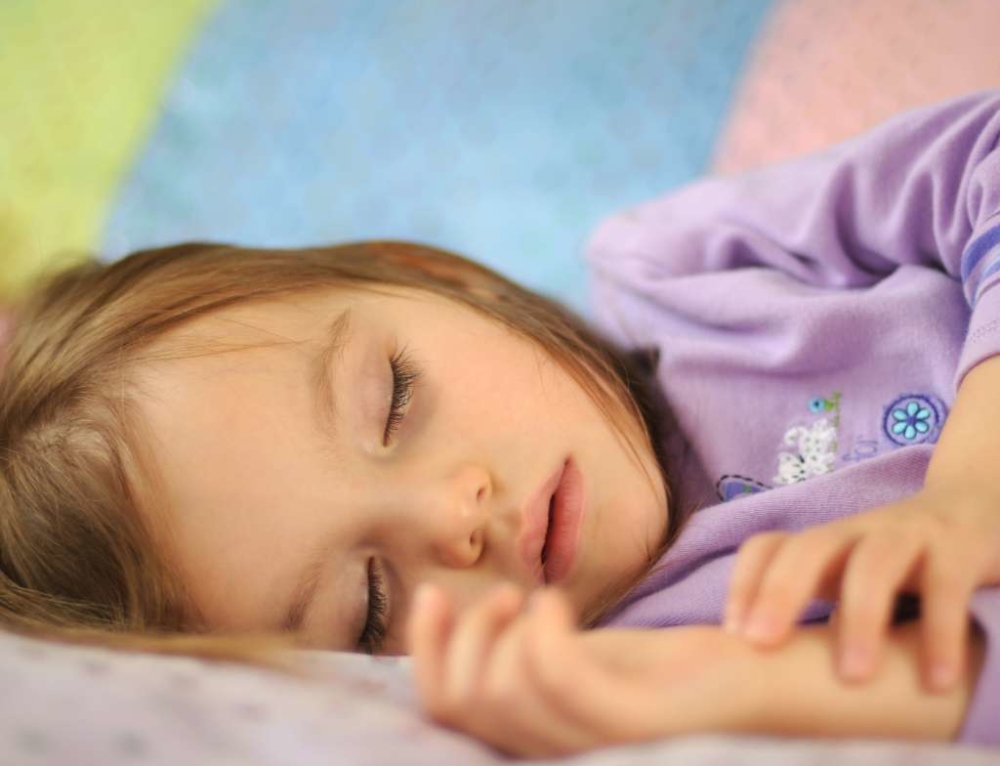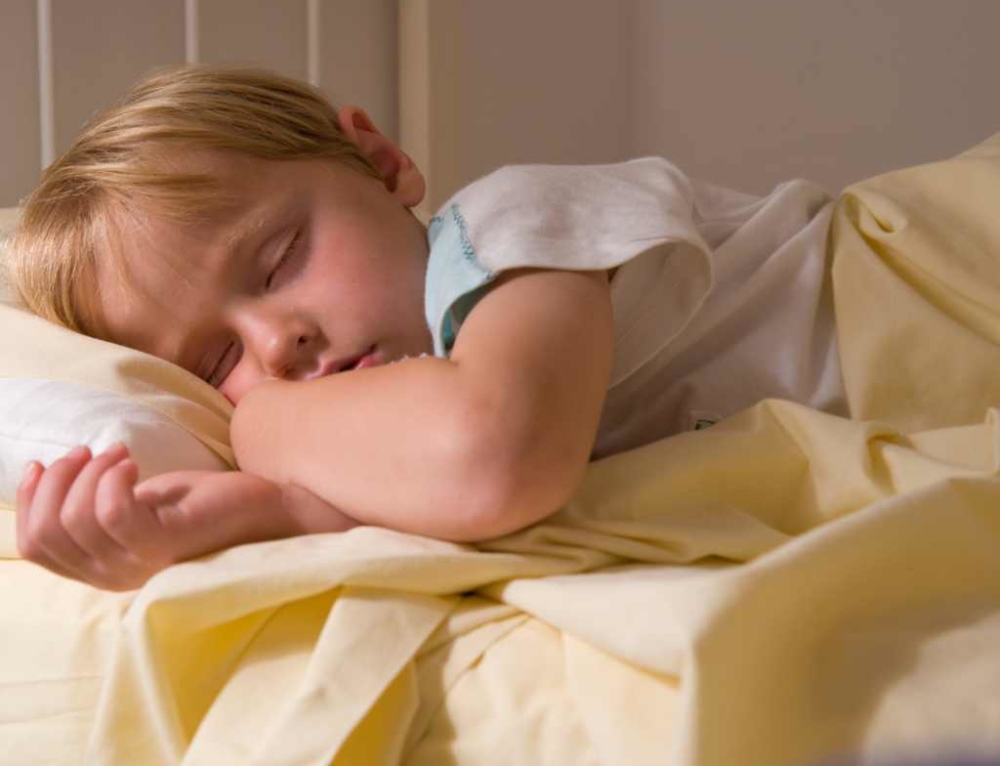Impetigo (School Sores) is a skin infection that occurs most commonly in children and babies. Because impetigo primarily affects school-aged children, it’s often called school sores. Most cases of impetigo occur during warmer weather.
What causes it?
Impetigo is caused by Staphylococcus or Streptococcus bacteria which sometimes live on the skin. When a child has a cut or sore, the bacteria can get down into the deeper layers of skin and cause an infection. Impetigo is highly contagious. Impetigo causes blisters on exposed body parts such as hands, legs and the face; The blisters burst and turn into a sore with a yellow crust. The sores can be itchy and are easy to spread to other parts of the body.
Is it serious?
Impetigo is generally not serious and clears up on its own in two to three weeks. But, if large areas of skin become infected, impetigo can become severe. Severe impetigo can cause the sores to abscess. Impetigo can be dangerous for newborns.
Can I prevent it?
Impetigo is best prevented through thorough and frequent hand washing. If your child has impetigo, you can help prevent the spread to other children by keeping her away from others until she is no longer contagious – about a day or two after she begins antibiotic treatment. Keep her sores clean and covered. Your child can get impetigo from other children or from sharing toys with infected children.
How do I know if my child has impetigo?
Your child may start to get a general feeling of being unwell. Symptoms also include:
- Itchy, red patches on the skin
- Blisters around the nose and mouth
- More serious infections may cause fever and swollen glands.
- Once the blisters form, they pop and discharge a sticky, yellow fluid.
Once the blisters crust over and dry out, the skin will heal completely in a few days. The incubation period for impetigo is about four days.
How do I treat it?
Wash your child’s sores four times a day with an antibiotic soap and pat the sores dry. Cover the sores with a waterproof dressing and cut your childs nails short to help prevent infection/spreading if itched. Your doctor may prescribe an antibiotic cream or ointment for you to use. Use paracetamol for fever.
Should I call the doctor?
Call the doctor if your baby shows signs of impetigo. Because of her reduced immunity, infections may be difficult to control and may need to be treated. You should also call the doctor if your child does not appear to be getting better or if her impetigo spreads or is getting worse even with antibiotic treatment.
What you need to know:
- Impetigo is caused by Staphylococcus or Streptococcus bacteria.
- It is often called “school sores” because many school aged children catch it.
- It is highly contagious.
- Impetigo can be treated with antibiotics.
Sources include Ministry of Health NZ






Leave A Comment
You must be logged in to post a comment.